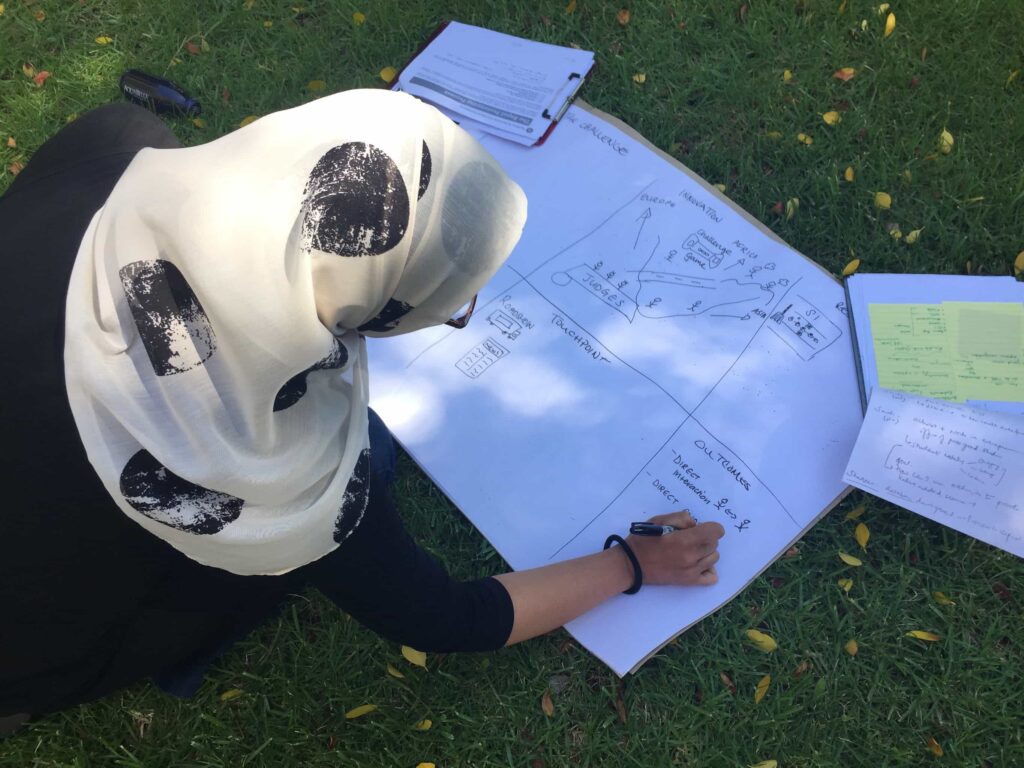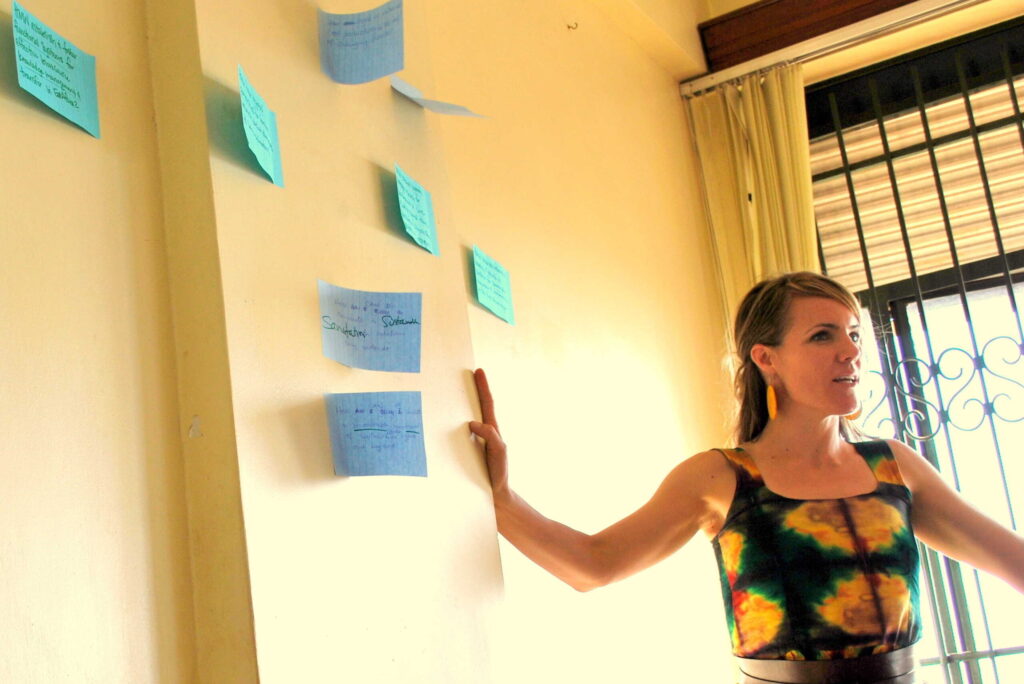How might we help donors, managers, and employees to improve efficiencies in their pharmaceutical supply chain system?
Collaborating to Evaluate Healthcare Supply Chains Using Systems Methods
Challenge
Ethiopia is a large country, home to 102 million people who are dispersed throughout 670 rural districts and 100 urban districts. Due to the expanse of the country and lack of infrastructure, supplying Ethiopians with the pharmaceuticals needed to maintain their health often is impeded by shortages, delays, and sometimes stockouts. Currently, the Pharmaceutical Fund and Supply Agency (PFSA) is working in conjunction with the Federal Ministry of Health (FMoH), international donors, and implementing partners, like John Snow, Inc. and Chemonics, on alleviating some of the most prominent challenges exhibited in Ethiopia’s supply chain. These challenges include inadequate data quality, incentives to motivate staff operating at every level of the supply chain, and accountability of managers and key influencers within the system. Still, with so many interconnected actors and resources constituting the system, the question of which leverage points (i.e. actors and resources) if improved could unleash the most positive impact in supply chain processes overall has yet to be answered.
Solution
Assessing this challenge, the Global Knowledge Initiative, Johns Hopkins University Global Obesity Prevention Center (JHU-GOPC), and Resilient Africa Network (RAN) partnered to provide a quantitative and qualitative systems analysis of Ethiopia’s pharmaceutical healthcare supply chain. Deliverables, such as systems maps and models will yield meaningful insights and recommendations for the enhancement of the healthcare supply chain.
Pulling from GKI’s cannon of systems tools and methods and previous work analyzing healthcare systems, GKI conducted an in-depth systems analysis examining the various components of Ethiopia’s health care supply chain. In this effort, GKI performed preliminary background research in preparing to collect valuable data in-country. GKI staff members also designed a systems-based field interview protocol with which to conduct 25 interviews with key stakeholders in Ethiopia. Guided by the protocol, GKI asked questions pertaining to various challenges and/or recommendations in supply chain management, operations, and distribution of health commodities. By blending an array of systems techniques–systems visualizations, supporting narratives, and indicator-based approaches– the team highlighted opportunities for increased efficiency along the supply chain and recommendations for mitigating current challenges.
Results / Outcomes
- Continued to introduce and apply systems monitoring and evaluation methods across USAID Missions and Bureaus through the innovative mechanism designed to usher in advanced Monitoring, Evaluation, Research and Learning (MERL) methods known as the Strategic Program for Analzying Complexity and Evaluating Systems (SPACES)
- Conducted 25 in-country interviews with systems stakeholders, including staff from John Snow, Inc., Chemonics, PFSA, FMoH, and USAID
- Created four systems maps that visualize current supply chain processes pertaining to data and quantification, procurement, stock management, and staff skills and incentives
- Provided seven recommendations for improving the management of the public sector supply chain




